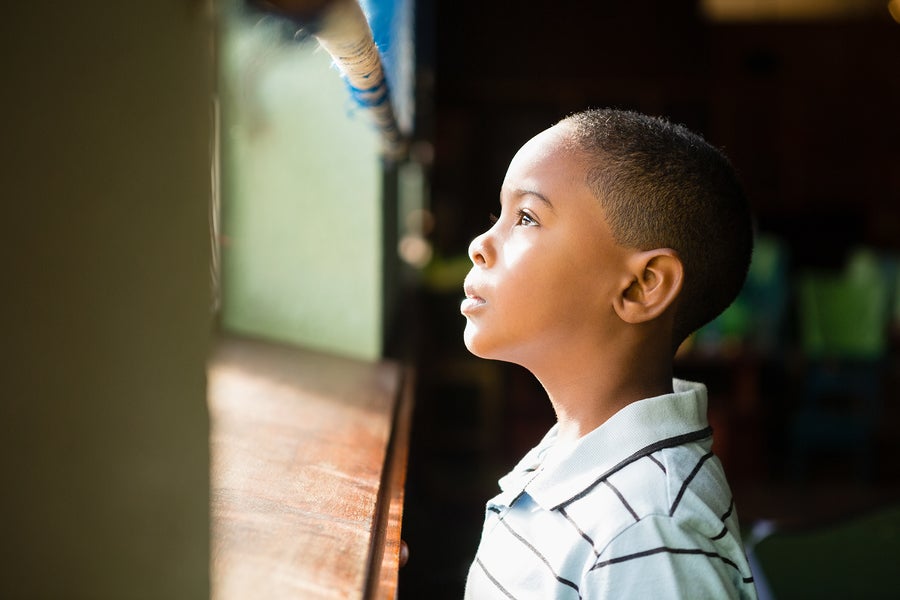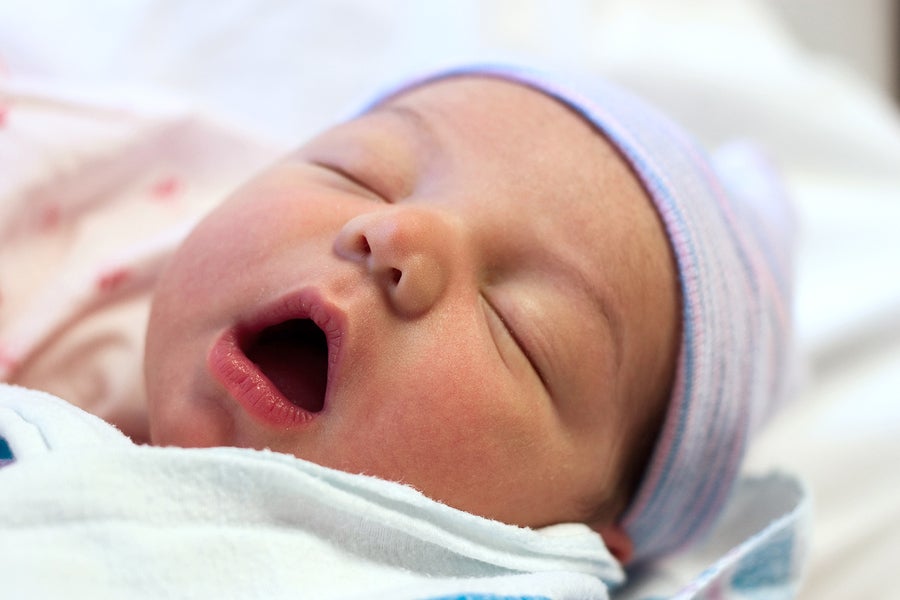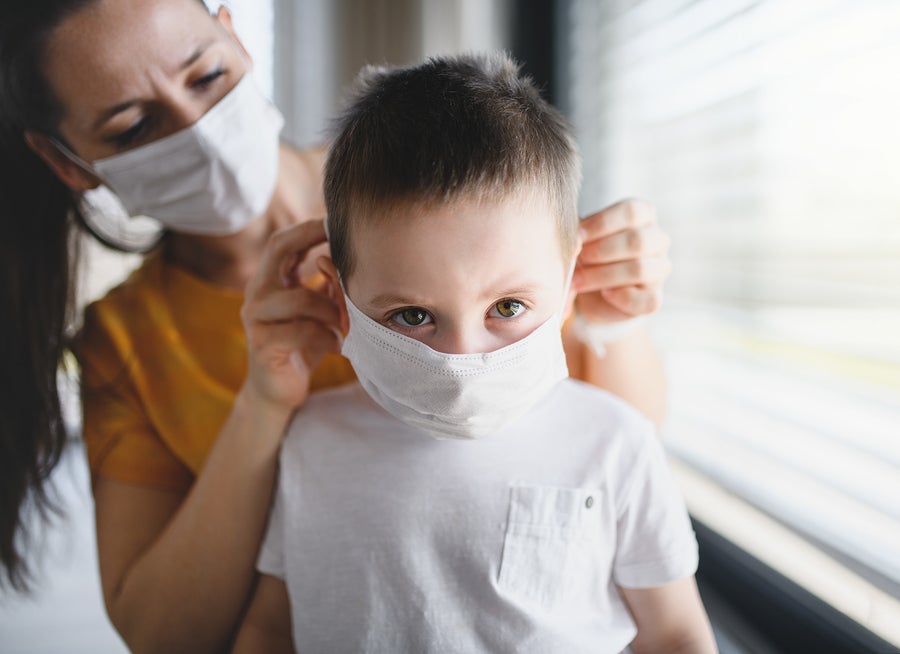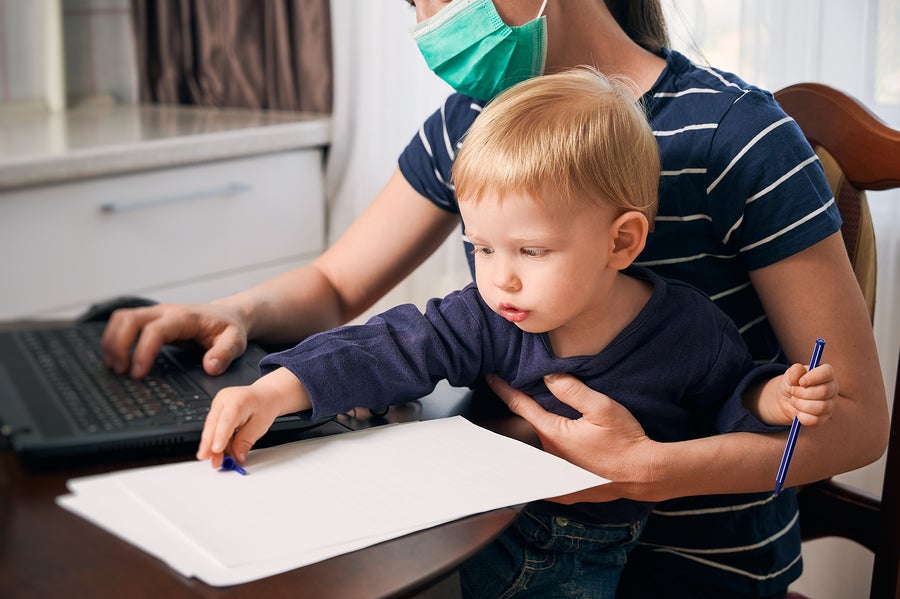Blog
-
We Need to Name it: Racism is a Public Health Crisis
Our country boils over in tension about the inaction of our leaders to address (among other things) the clear police brutality and racism that has led to the murder of Black Americans, most recently George Floyd and Breonna Taylor. We were already witnessing the COVID-19 pandemic further expose the fault lines within our health system…
-
COVID-19 and Child Welfare
We’ve written a lot in the past few months about the COVID-19 pandemic and its impact on Medicaid and CHIP. We’ve also written about the devastating impact of the pandemic on the economy and state budgets. Unfortunately, the devastation doesn’t stop there. Today, we invited two of our partners at the Children’s Defense Fund, Stefanie…
-
Behavioral Health Services in Separate State CHIP Programs: Is Your State in Compliance?
Access to behavioral health services has long lagged behind physical health, despite a clear and growing need. The need has no doubt been exacerbated by the stress of the new coronavirus. Finding and ensuring health coverage for pregnant women and children’s mental health services – ones that are appropriate for their developmental stage — can…
-
Medicaid Work Requirements: News from the Litigation Front
It has been obvious for several months that the wheels have come off the Medicaid work requirements bus. The Secretary of HHS has approved “demonstrations” of work requirements in nine states; none of these states is currently implementing. And no state that accepts the 6.2 percentage point increase in its federal Medicaid matching rate made…
-
COVID-19, State Budget Deficits, and Medicaid Managed Care
The COVID-19 pandemic has unleashed not just death, but also massive unemployment and a steep recession. Among the economic casualties are state budgets, which have been knocked badly out of balance by the resulting drop in revenues and the prospect of increased enrollment in Medicaid and other safety net programs. Among those spared from the…
-
Increased CHIP Matching Rates under House-Passed HEROES Act
The House-passed HEROES Act (H.R. 6800) would provide an additional one-year increase to the federal Medicaid matching rate (from July 1, 2020 through June 30, 2021), on top of the FMAP increase enacted as part of the Families First Act (P.L. 116-127). As I have explained, the further FMAP increase, in turn, would increase the…
-
News and Notes on Medicaid Prescription Drug Pricing and Coverage Issues
Unfortunately, Congress has largely shelved drug pricing legislation, including sound proposals to lower federal and state Medicaid drug costs, as it focuses on legislation responding to the ongoing COVID-19 health and economic crisis. Nevertheless, there have some developments in the area of Medicaid prescription drug pricing and coverage over the last few months that are…
-
As Expected, Medicaid Enrollment is Starting to Increase
As I keep saying, Medicaid is a first responder to the COVID-19 pandemic with respect to both the health crisis and the ensuing economic crisis. With unemployment rapidly rising to double digits, it was only a matter of time until Medicaid/CHIP started to see enrollment increases. Medicaid enrollment has long been closely aligned with the…
-
Taxing Medicaid Managed Care to Mitigate Medicaid Cuts
In many states, Medicaid is under budgetary siege. The steep recession brought on by the COVID-19 pandemic has led to large revenue shortfalls and budget deficits, most notably an estimated $54 billion in California for the fiscal year ending June 30 and the next. States must balance their budgets, and they have only a few…
-
CCF Welcomes Kansas and Kentucky to the Finish Line Network
We are excited to announce that two new states are joining the Finish Line project: Kansas and Kentucky. Leading these state efforts, Kansas Action for Children and Kentucky Voices for Health have experience promoting and advancing policies that have resulted in gains in health coverage for children and families in their respective states. The Finish…
-
House HEROES Act Would Also Further Raise CHIP Matching Rate
The temporary 6.2 percentage point increase in the federal Medicaid matching rate enacted as part of the Families First COVID-19 legislation (P.L. 116-127) benefited the Children’s Health Insurance Program (CHIP) as well. Because the formula used to calculate each state’s CHIP matching rate is based on the regular FMAP, the Families First FMAP increase resulted…
-
HEROES Act Includes Other Provisions Strengthening Medicaid and CHIP
The HEROES Act bill (H.R. 6800), which the House will likely consider Friday, May 13, would provide a critically needed, additional one-year increase in the federal Medicaid matching rate (FMAP) and block the Trump Administration from finalizing the damaging Medicaid Financial Accountability Rule (MFAR) during the duration of the public health emergency. It also includes…
-
States Should Reevaluate Harmful Medicaid Waivers to Respond to COVID-19
To respond to the COVID-19 crisis, many states have made significant, temporary changes to their Medicaid programs, mostly through emergency waivers and state plan amendments. However, states also have the option to make more lasting changes by reversing harmful policies in their Section 1115 waivers. Unwinding bad waivers not only makes it easier for states,…
-
House HEROES Act Bill Would Provide Significant Further Support for State Medicaid Programs
As I have previously written, while helpful, the temporary 6.2 percentage point increase in the federal Medicaid matching rate (FMAP) provided by the Families First COVID-19 response legislation (P.L. 116-127) is clearly insufficient to address the sharply higher state Medicaid costs and overall budget deficits states will experience in this health and economic crisis. That…
-
Waive, Suspend, Delay, Eliminate, Forgive CHIP Premiums? Semantics Matter for Families who Need Fiscal Relief from COVID-19 Impacts
As families lose their jobs and employer-sponsored health insurance, eliminating Children’s Health Insurance Program (CHIP) premiums is a great way to provide continuity of coverage for children and fiscal relief for families. But there may be a catch. While some states are submitting state plan amendments to waive collection of premiums or temporarily halt disenrollments…
-
Expanding Medicaid Would Help Keep Rural Hospitals Open in 14 Non-Expansion States
I’ve written before about how America’s rural hospitals are in crisis – and the 14 states that still are refusing to expand Medicaid are contributing to financial woes of these institutions. The coronavirus pandemic has pushed these rural providers to the brink. There is stress throughout the health system with even major hospitals in urban…
-
Medicaid Managed Care in the Time of COVID-19 and State Budget Cuts
Three months into the pandemic, Medicaid’s role as the nation’s frontline health insurer has come into sharp relief. The focus is on the struggles of frontline hospitals, nursing homes, and health care workers; the vertiginous climb in the number of unemployed and uninsured; the threat to the solvency of pediatric and other primary care providers;…
-
State Budget Cuts to Medicaid Means Reduced Federal Funding, Larger Total Cuts
A recent Politico article indicates that states are beginning to consider cuts to their Medicaid program as they face severe budget deficits resulting from the COVID-19 related economic crisis. The Families First Coronavirus Response Act bars states from cutting Medicaid eligibility, making it harder to enroll and disenrolling beneficiaries for the duration of the public…
-
New Urban Institute State-Level Health Coverage Estimates as Unemployment Rises
A new Robert Wood Johnson Foundation study conducted by the Urban Institute estimates the impact of increases in the unemployment rate on health coverage among the non-elderly nationally — including changes in Medicaid/CHIP enrollment and the number of uninsured — and on a state-specific basis. A variety of scenarios are assessed. There are three unemployment…





















